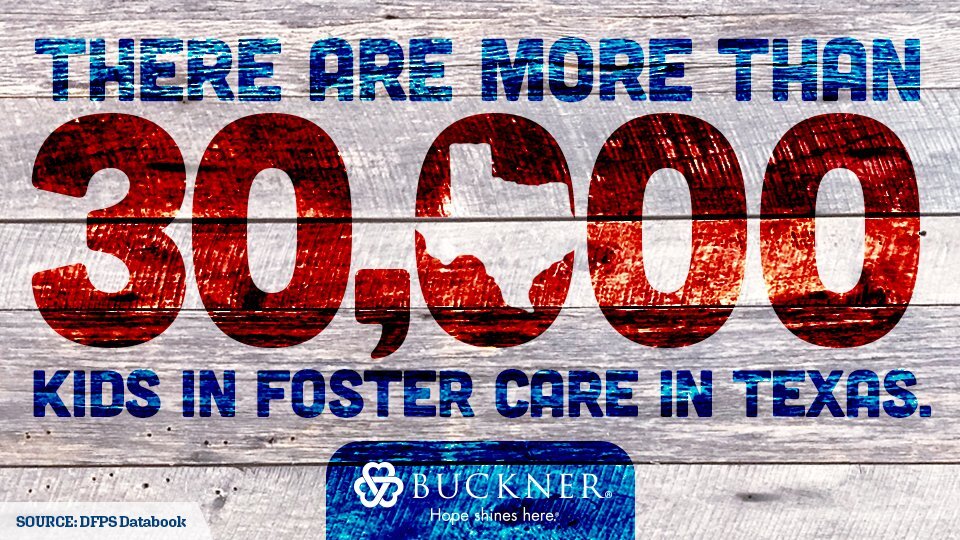Behind the adoption curtain
Adoption is beautiful. Adoption is also incredibly difficult. It’s a miracle that stems from loss. God never intended for families to be broken or parents unable to care for their children. But he does provide adoption as a solution to the brokenness.
Although adoption creates new families and provides children a home, it does not come without challenges before, during and after an adoption is finalized. It’s a common misconception that after an adoption process is complete the family and the child no longer face struggles. The truth is, both adopted persons and their adoptive families will face challenges long after the adoption is finalized.
Four things adoptees experience after adoption:
- Healing from trauma – No matter the reason, there is trauma involved in separating a child from their birth family. Processing trauma and learning to cope with the separation is a lengthy process full of ups and downs. It’s equal parts emotional and challenging.
- Feelings of grief, loss or rejection – Regardless of the child’s age at the time of the adoption, they will often experience feelings of grief and loss at different points in their life as they grow and process the experience differently based on new life experience or maturity. Feelings of rejection often come as the child questions why the adoption was necessary.
- Difficulties developing an identity – Sometimes adoptees may know very little information about their birth families. Sometimes they may know everything about their birth families. In both scenarios, adopted persons may struggle to determine who they are because they were born into one family and raised in another. They may feel torn between their birth culture and their adoptive family’s culture.
- Assimilating into a new family – Everything about an adoptive family’s life is new to an adopted person: new foods, traditions, culture, lifestyle, sights, sounds, smells and the way the family functions. In some cases, there might even be a language barrier. Adjusting into a new family is not easy.
Four ways to support adopted persons:
- Respect their story and privacy – An adopted person’s story belongs to them. Although you may be curious, don’t ask invasive or personal questions.
- Use positive adoption language – Many well-meaning comments or questions can be offensive or hurtful to an adopted person. Educate yourself on positive adoption language and why it’s important.
- Listen – You can support an adopted person by listening to their lived experiences and feelings. If an adoptee chooses to share their experience with you, show them you are interested and you value their opinions by attentively listening to as much or little as they wish to share.
- Celebrate uniqueness – Every person is different and an adopted person may have few things in common with people in their adoptive life. Keep comparisons to a minimum and celebrate each individual’s uniqueness.
Four things adoptive families experience after adoption:
- New routines – Adding a new family member means everyone’s schedules and routines shift. For parents, caring for a new child requires extra responsibilities and stress. Learning a new “normal” can be difficult for everyone involved.
- Caring for a child from trauma – Parenting a child with a trauma background requires education, patience and practice. Children with trauma backgrounds have unique emotional needs that require extra attention. This often entails a learning curve for adoptive families.
- Appointments – From meetings with case workers to court hearings, health assessments and mental health counseling, adoptions require extra appointments. These appointments involve extra time, effort and planning that will impact the family’s schedule.
- Conflicting emotions – Many adoptive parents will feel conflicting emotions after an adoption is finalized. They are overjoyed to have their child with them permanently, but also carry the burden of knowing the child is not with their birth family. Some may experience guilt and sadness regularly. Adoptive families take on the complex responsibility of raising a child in their culture and lifestyle while trying to honor that of the birth family’s.
Four ways to support adoptive families:
- Food – Organize a meal train, gift food delivery or restaurant gift cards or drop off a meal.
- Respite – An hour or two of respite to catch up on errands or just a small break goes a long way.
- Shower – Offer to host a shower for the adoptive family. Adding a new member to the family requires new things, no matter what age the child may be. Check out these seven tips to host a shower for an adoptive family.
- Help – Look for small ways to help the family. That may be picking up another child from practice, running an errand, or mowing their lawn. Ask the family how you can help.
Learn more about National Adoption Month and how you can help a child who needs a home.
SOURCES




Add a Comment